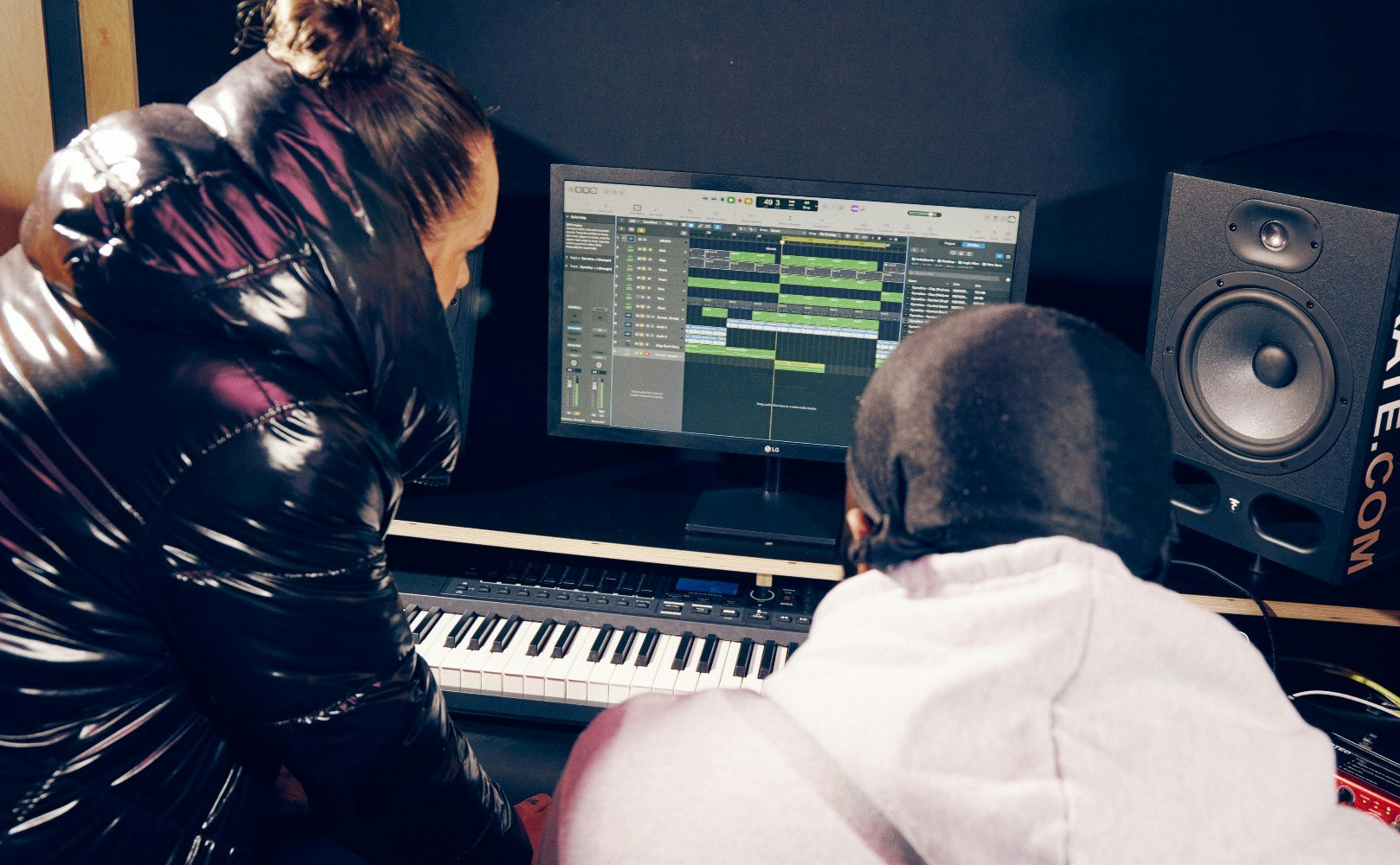
■ Features
Survey of over 500 self-employed artists reveals that as many as half are overpaying on taxes due to unclaimed deductions for essential expenses.
In the run-up to the Self Assessment tax return deadline on January 31st, we've been delving into the financial challenges faced by self-employed music artists in the UK. Our recent study, involving over 500 bands, producers, DJs, and live performers, suggests that as many as half of these artists are overpaying on their taxes.
We've identified that a significant number of artists are not fully taking advantage of tax-deductible expenses when completing their self-assessment tax returns, negatively impacting their financial health. Key expenses such as music subscription services, studio time, and travel costs are often missed. For example:
Other often-neglected expenses included travel for performances and auditions, accommodation for shows, costumes, and the cost of producing merchandise. This trend indicates a widespread misunderstanding about what qualifies as deductible on a self-assessment tax return.
The survey has uncovered not only a gap in financial literacy but also a lack of financial stability, making it difficult for artists to outsource this administrative work. 51% of artists surveyed had no savings, with 48% reportedly in debt. 10% of respondents had savings over £10,000. Just 30% of self-employed artists surveyed hire an accountant, and 25% use accounting software or apps.
Looking at how this might be affecting artists’ wellbeing, when asked how often they worry about money, only 4% of artists said never, while 26% said they worry every day. Financial concerns primarily revolve around housing — maintaining rent payments, obtaining or paying off a mortgage, and the cost of bills and food. Being unable to afford cultural activities was also a significant concern.
When asked about financial goals, the majority of respondents again focused on housing, with many saving to move or trying to secure a mortgage to avoid paying inflated rents.
In the same survey, we also asked artists in our community to share their tips for balancing creative and financial goals:
"Do not save what is left after spending; instead, spend what is left after saving." - Pirate Artist
"If you want your creative work to be financially viable, you need to approach it as a job (a very hard one)." - Pirate Artist
"Do what you are interested in; you only have one life, and you only know roughly how long it will last. It only speeds up from here." - Pirate Artist
"Talk to people; money shouldn’t be a taboo subject." - Pirate Artist
"Keep the roof over your head; it's no fun playing in the rain." - Pirate Artist
Responding to these insights, we've developed a guide for music artists on tax-deductible expenses and are setting up a free online workshop to prepare our community for the upcoming financial year.
“Our Artist Hub is designed to empower artists creatively and to assist them with the vital yet often overlooked aspects of their music careers, like accounting and taxes. Navigating finances can be intimidating, but it's a critical part of monetising your talent. Our goal is to help our community address these challenges from the outset.” - Emmavie Mbongo, Artist and Community Manager, Pirate
You can find details about these workshops on our Artist Hub.
